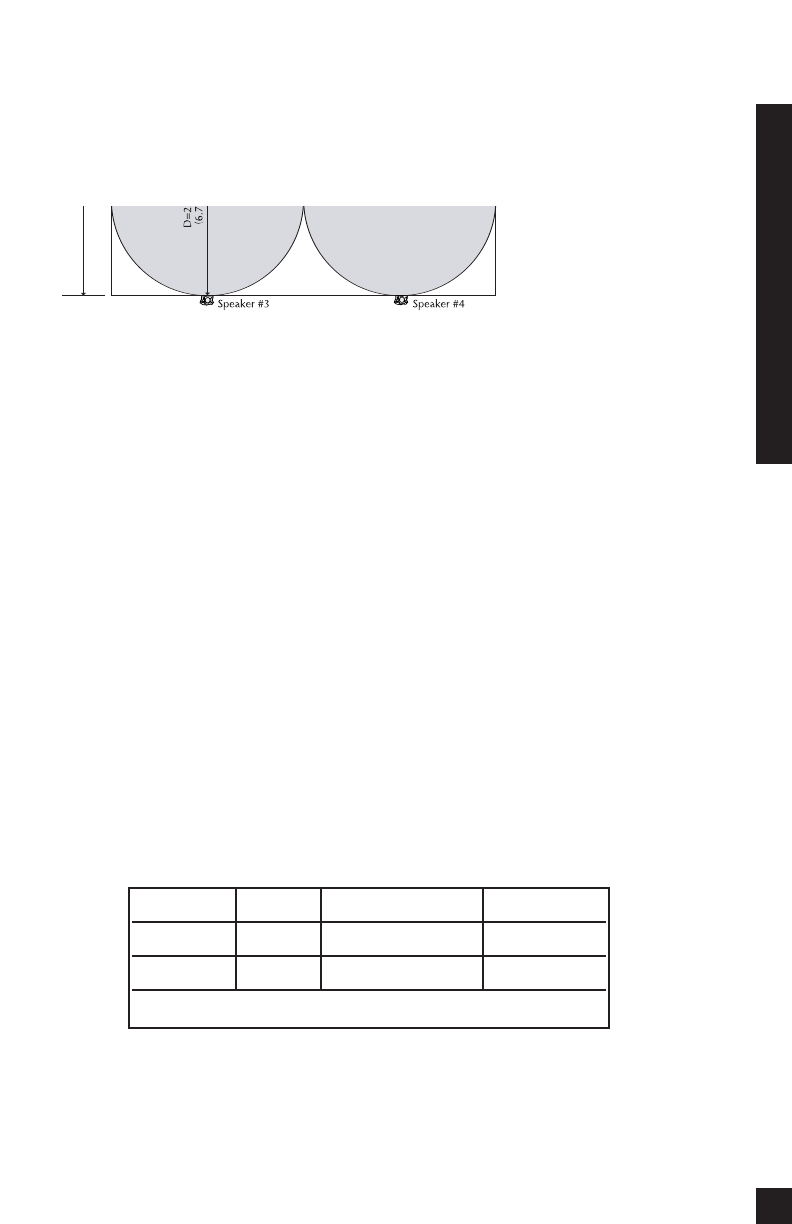
Figure 1 shows how this would work for a square area of 35 feet by 25 feet
and using stereo signals. Using our spacing rules as shown in Table 1,
leads to the need for four loudspeakers. The loudspeaker coverage pattern is
shown in the diagram.
Figure 2 shows the same area as Figure 1, however the number of speakers has
increased by 2. You can see a greater area of stereo coverage and this would also
have a more even sound level across the listening area. This illustrates
the fact that not using the maximum spacing allowed leads to improved
sound quality.
Achieving high quality stereo coverage in a large area is costly. You need to use
more speakers and more amplifier power or separate amplifiers. If a large area needs
to be covered, consider using a summed stereo or mono signal for each speaker. If
summing the stereo inputs into the amplifier or setting the amplifier to play in mono
is acceptable, the loudspeakers can be spaced 10 feet from the sides of the listening
area and 20 feet from each other. The row spacing between speakers should be less
than 35 feet. This will increase the area your loudspeakers will cover.
INSTALLATION CONSIDERATIONS
6
Table 1 Spacing Rules
RS6
Figure 2 Stereo Coverage 6 speakers
Sources Spacing Spacing Between Spacing
from Sides Speakers within a row Between Rows
Stereo 10 ft 15 ft 25 ft
3.1m 4.6m 7.6m
Mono
10 ft 20 ft 35 ft
3.1m 6.1m 10.7m
Note: These are maximun recomended distances, sound quality is improved if
you use smaller spacings.


















